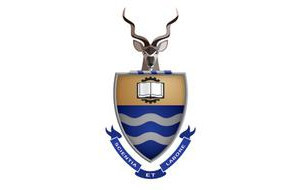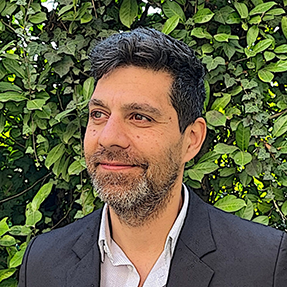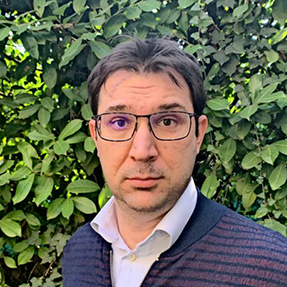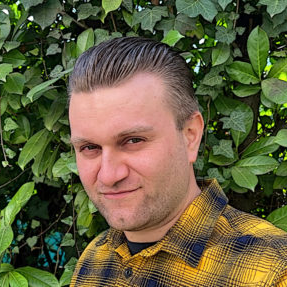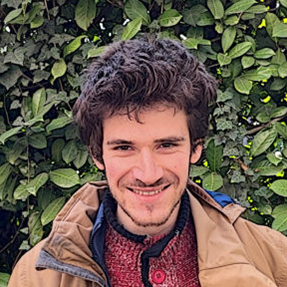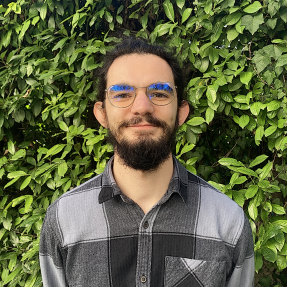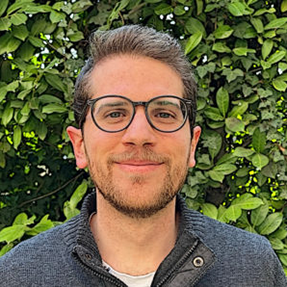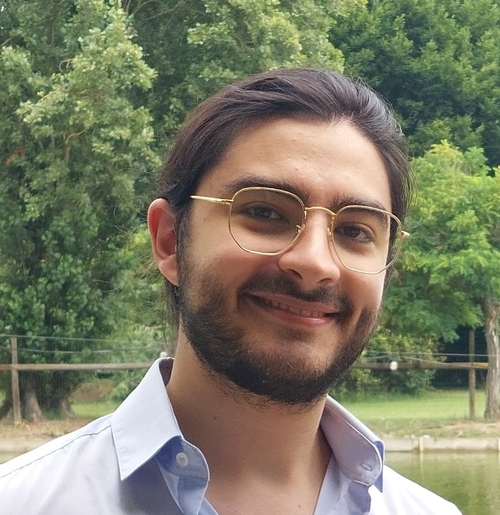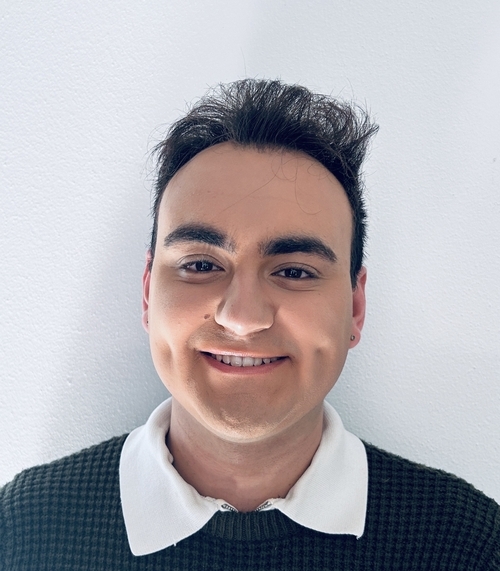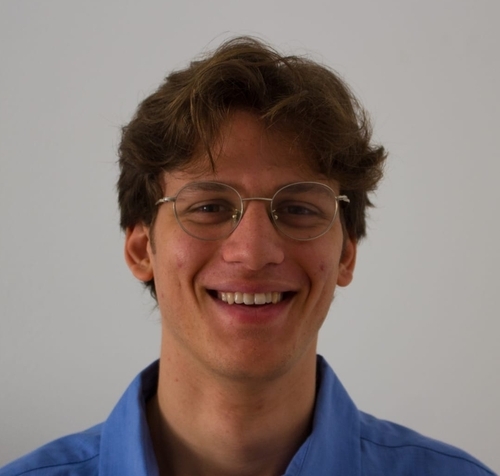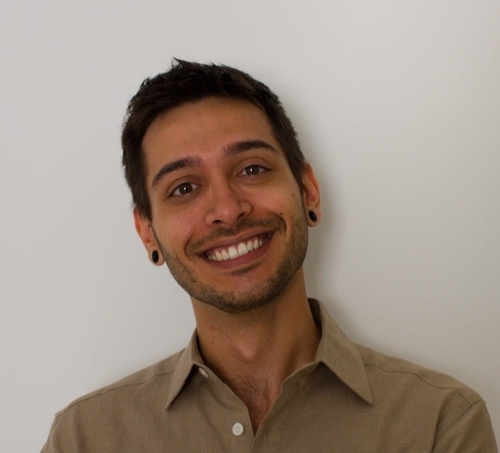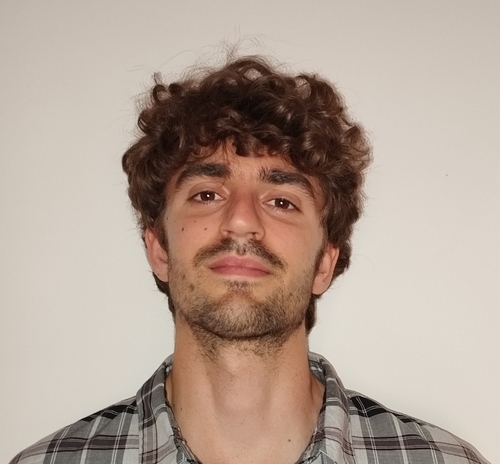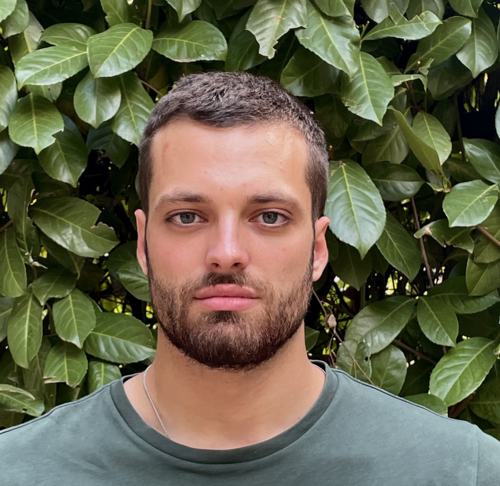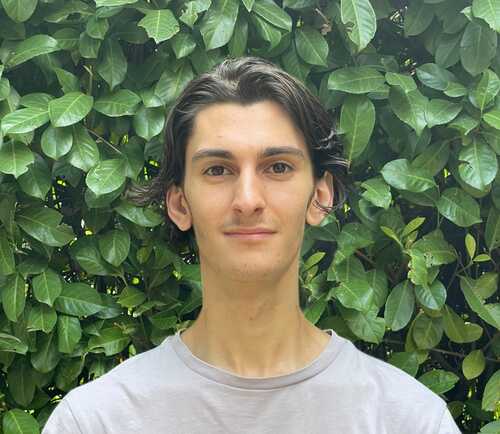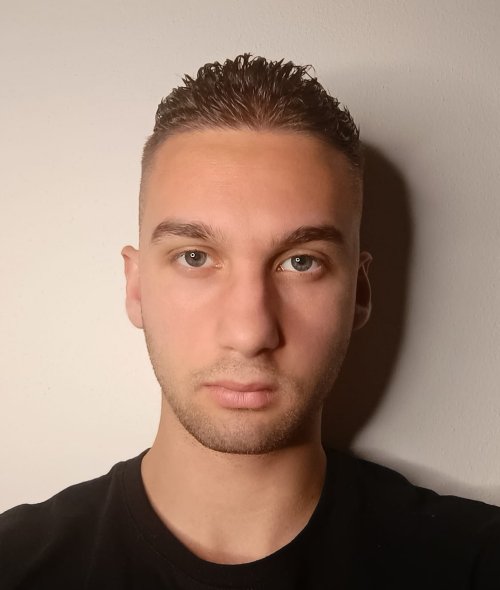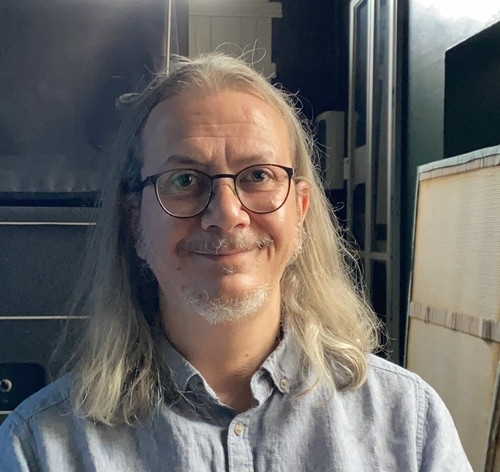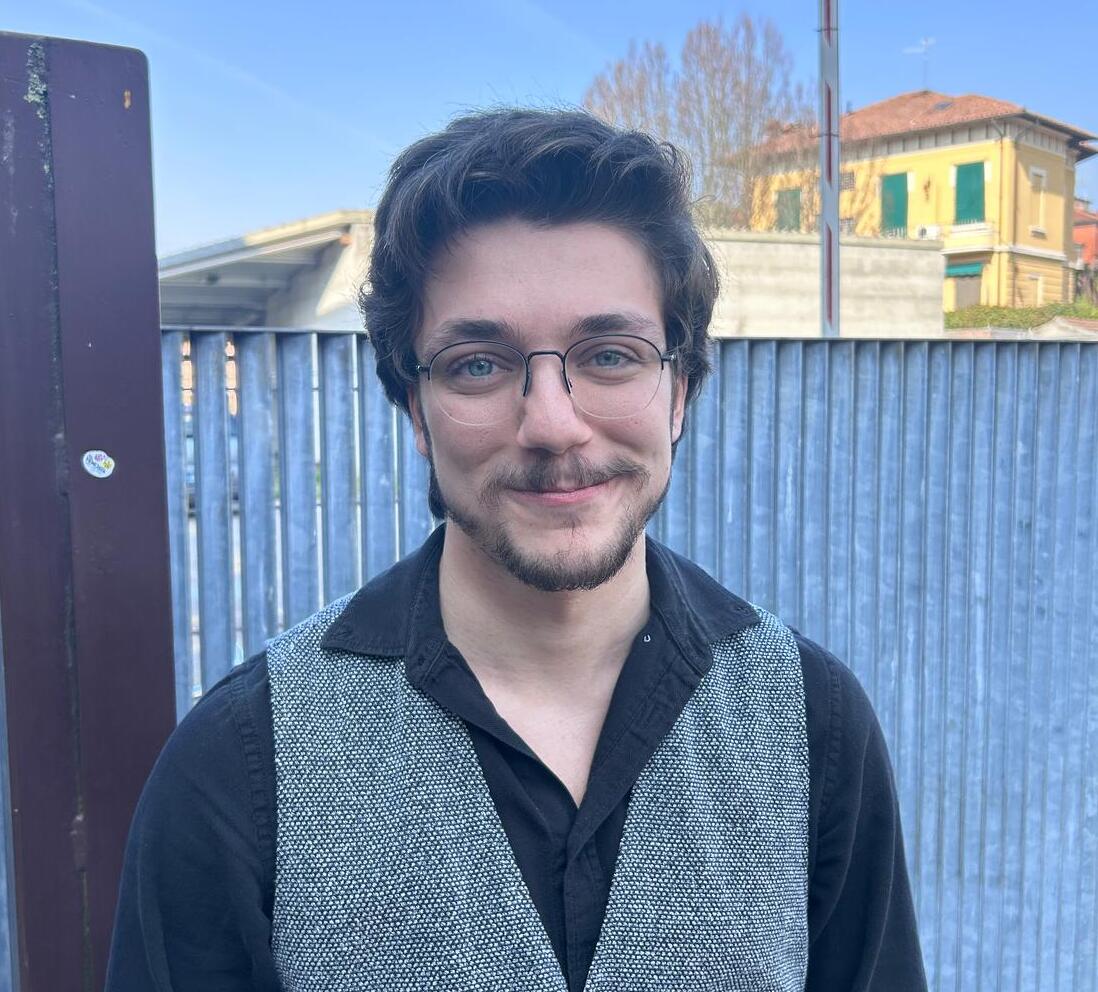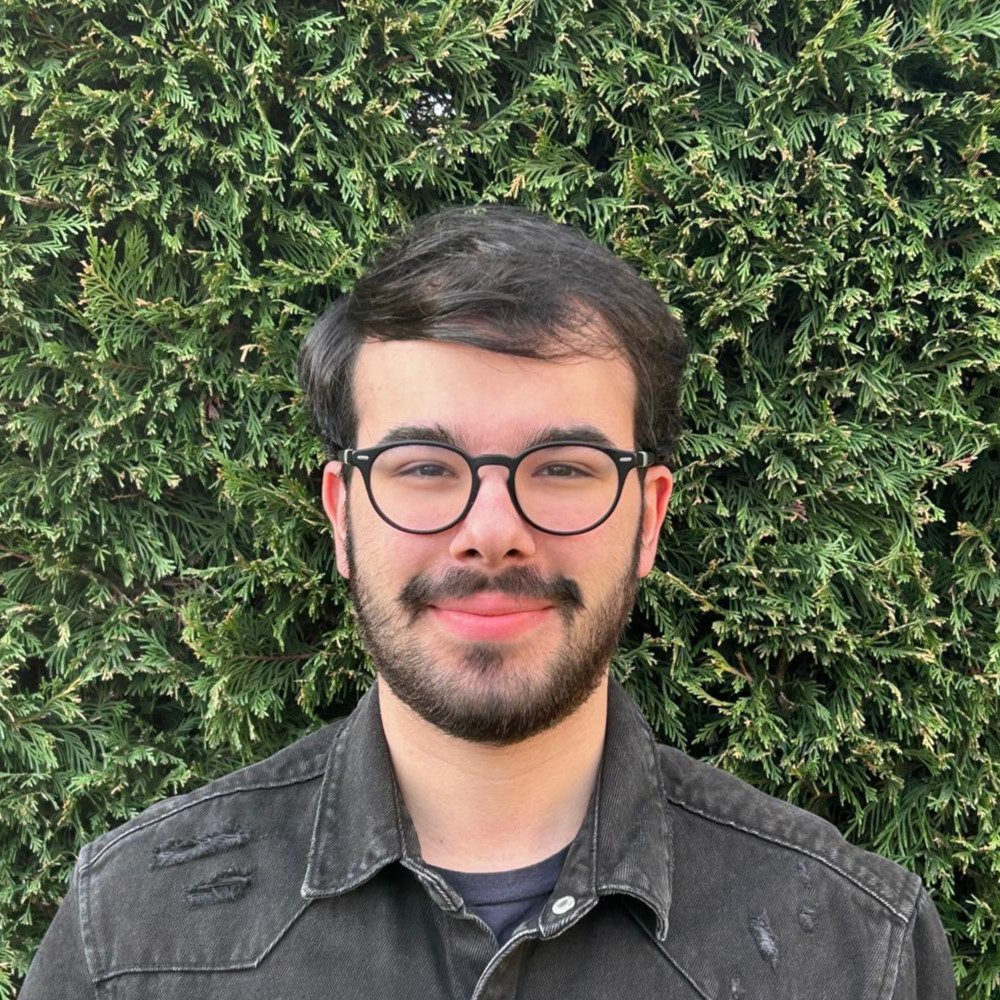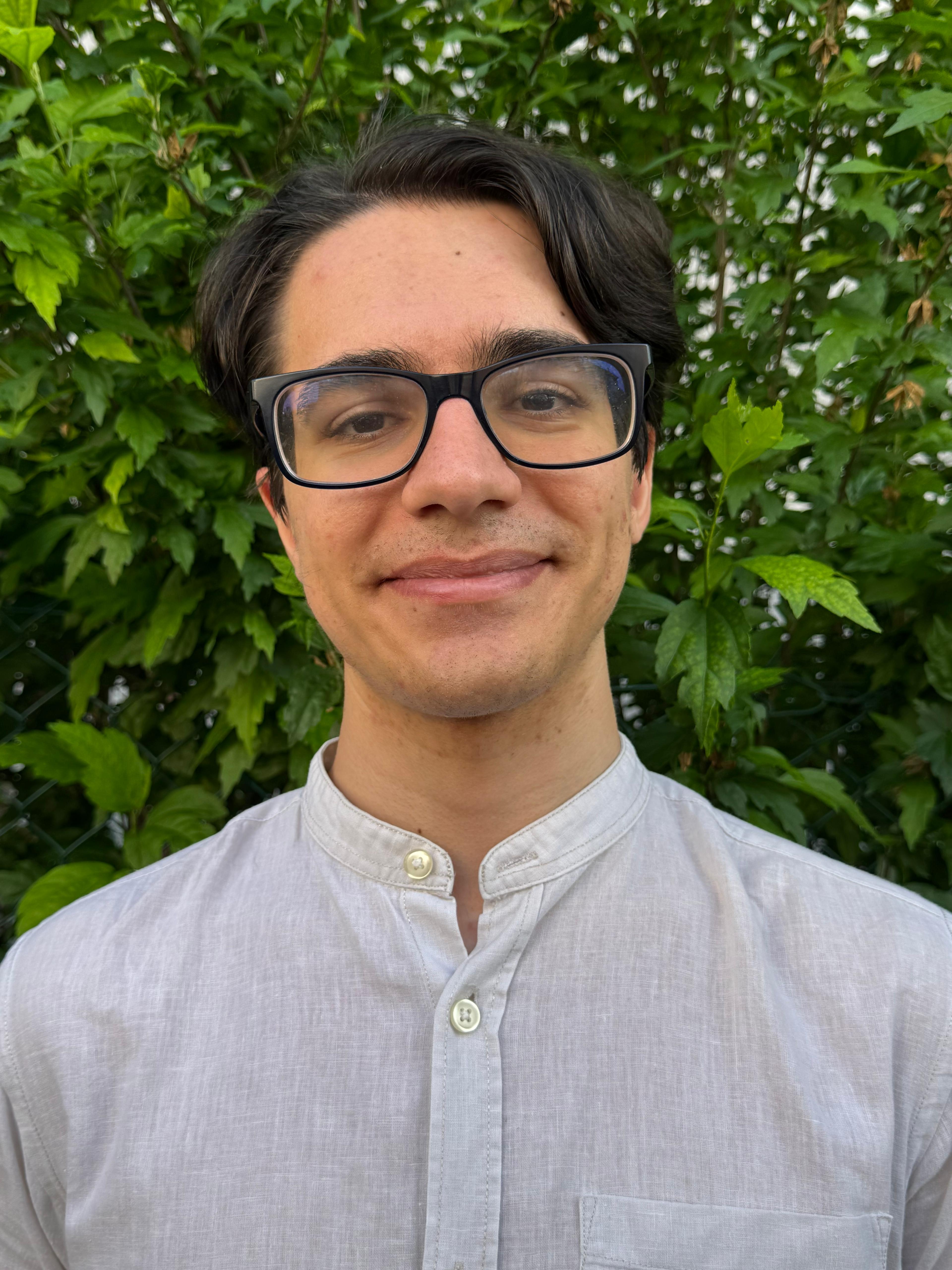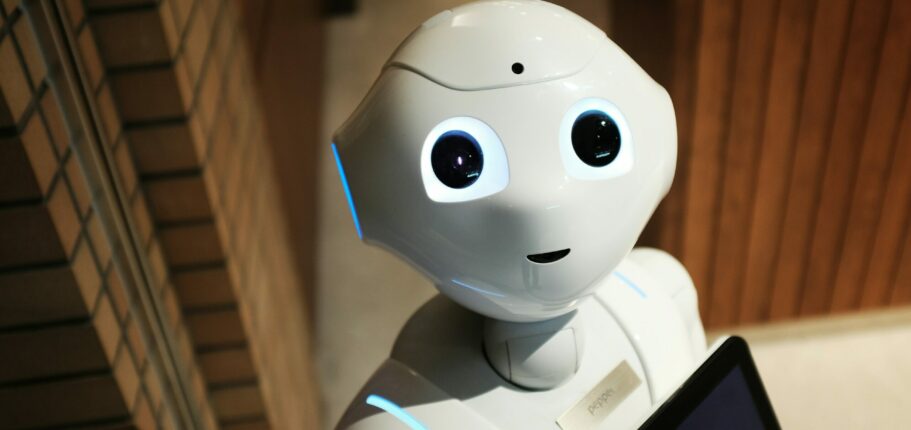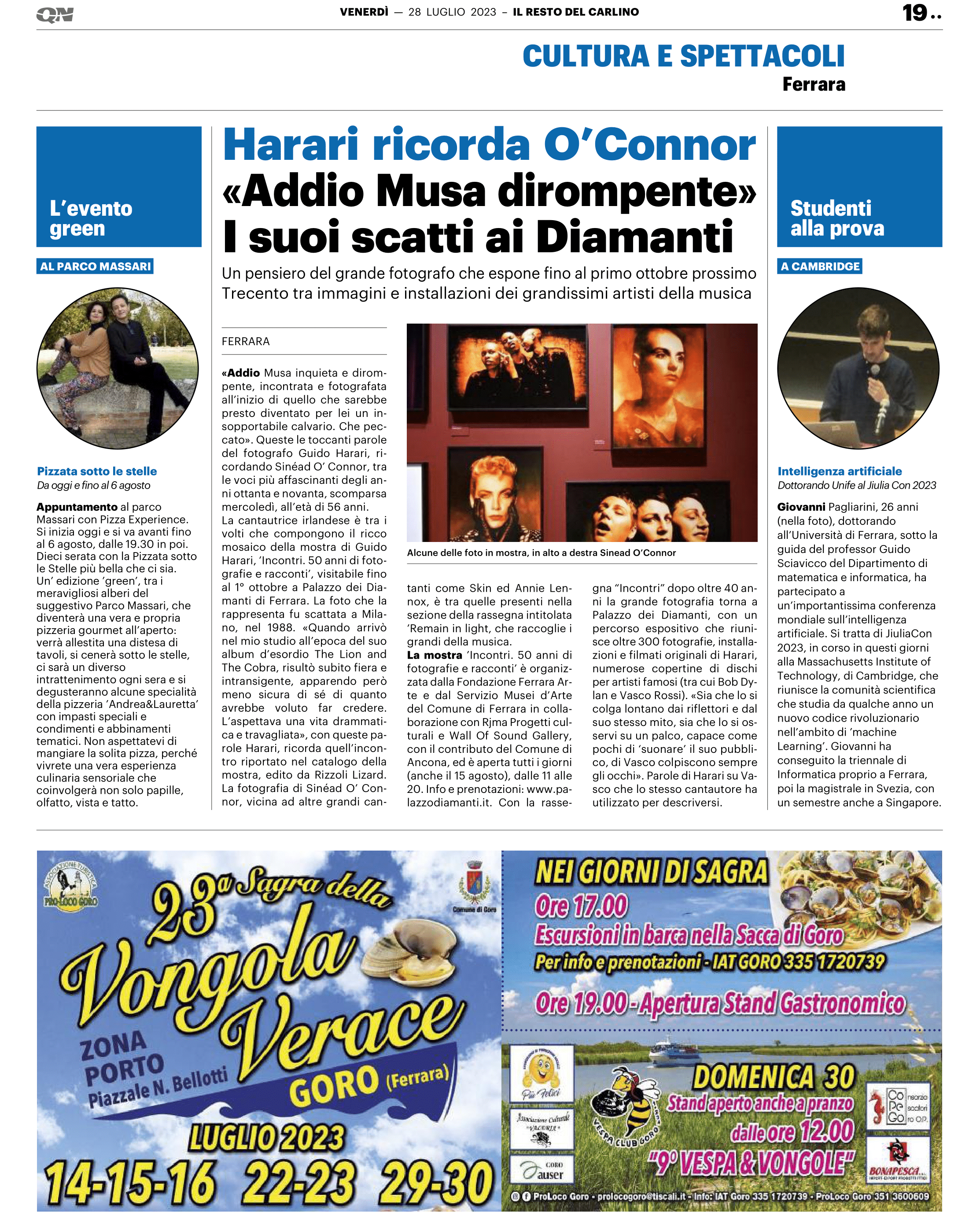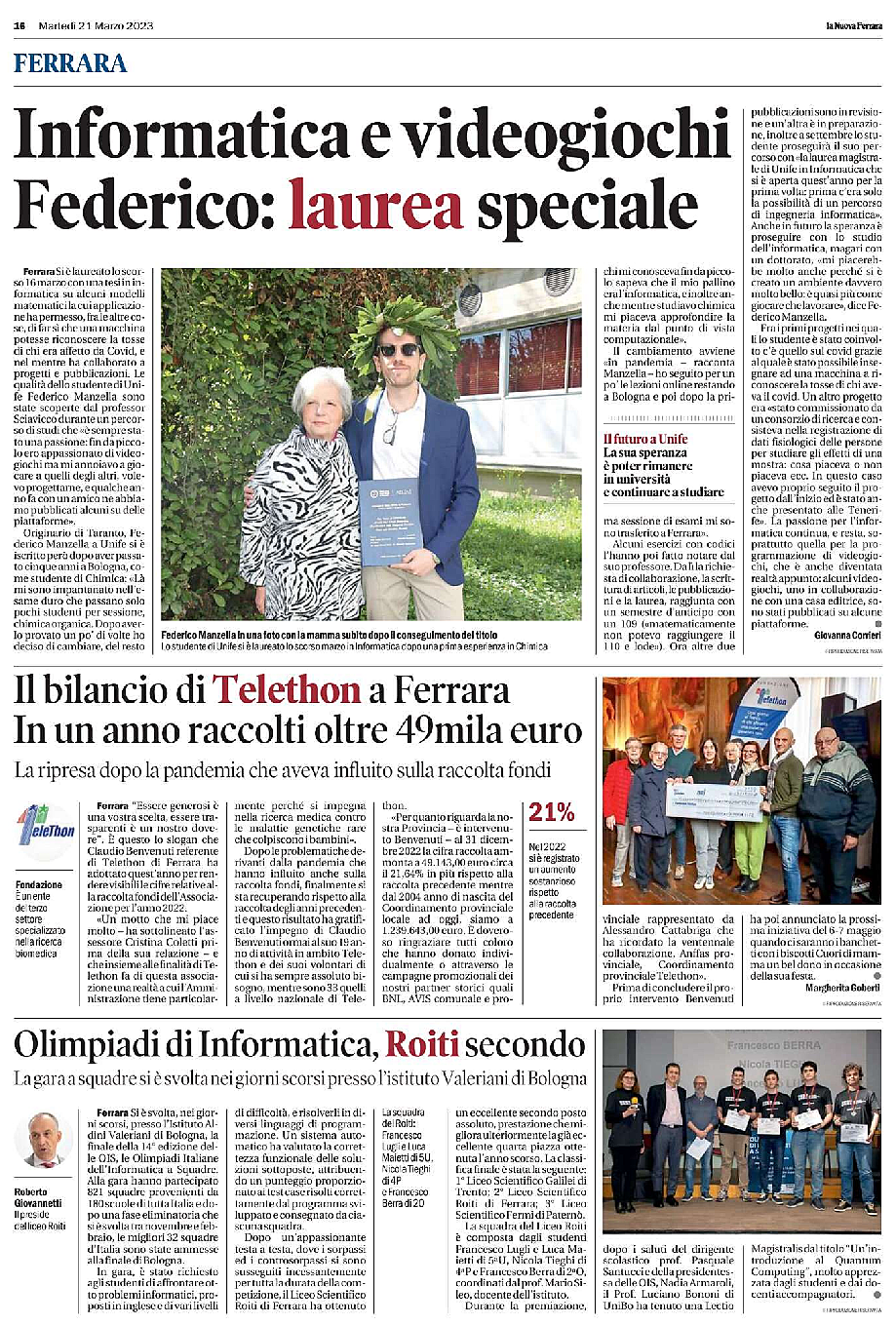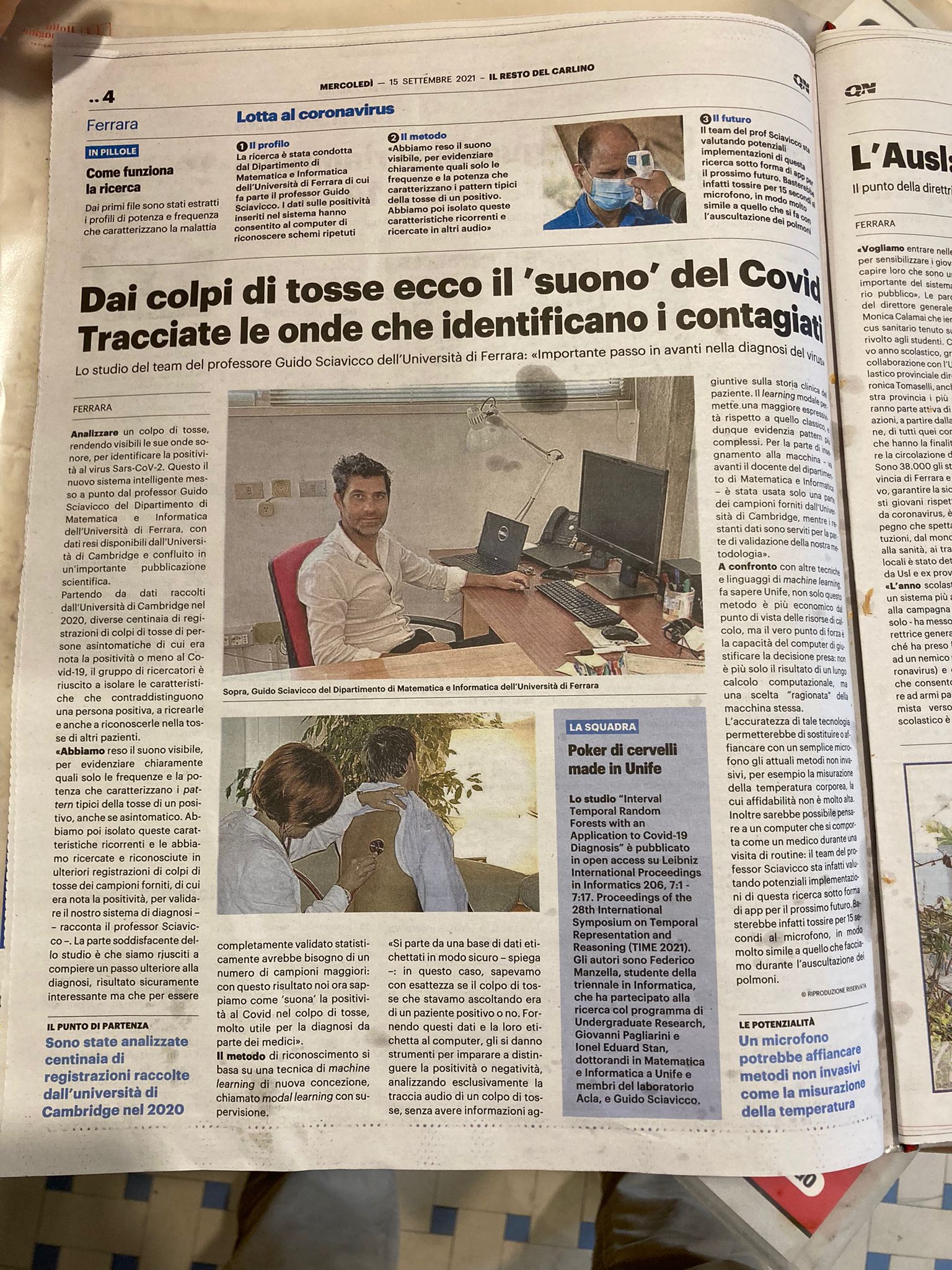ACLAI Lab, part of the Mathematics and Computer Science Department at the University of Ferrara, focuses on studying, designing, and delivering artificial intelligence applications. Our research is focused on the edge between logic and AI and our primary objective is to design mathematically sound and formally certified tools. We are also members of the OVERLAY research group.
Team
Prof. Guido Sciavicco
ASSOCIATE PROFESSOR
Dr. Giacomo Piva
ADJUNCT PROFESSOR
Dr. Ionel Eduard Stan
RESEARCHER – Milano-Bicocca
Dr. Giovanni Pagliarini
POST-DOCTORAL RESEARCHER
Dr. Alberto Paparella
PHD STUDENT
Dr. Federico Manzella
MASTER'S STUDENT
Dr. Mauro Milella
MASTER'S STUDENT
Dr. Michele Ghiotti
MASTER'S STUDENT
Dr. Andrea Paradiso
MASTER'S STUDENT – Udine
Dr. Patrik Cavina
MASTER'S STUDENT – Udine
Dr. Edoardo Ponsanesi
MASTER'S STUDENT
Dr. Pietro Casavecchia
MASTER'S STUDENT
Dr. Pietro Bellodi
MASTER'S STUDENT
Dr. Leonardo Serrentino
MASTER'S STUDENT
Mr. Riccardo Pasini
BACHELOR'S STUDENT
Mr. Marco Perrotta
BACHELOR'S STUDENT
Mr. Lorenzo Negrini
BACHELOR'S STUDENT
Mr. Giacomo Pampalone
BACHELOR'S STUDENT
Projects
Foundations of modal symbolic learning
We study the foundations of symbolic learning methods, with special focus on the potential of modal logic. Our purpose it to define a complete symbolic framework that includes data analysis, model learning and evaluation, post-hoc model analysis, and model visualization. Our framework is the basis onto which we develop our applied projects; its implementation, Sole.jl, is completely open-source, and written in the Julia programming language.
EEG reading and interpreting
Within our symbolic learning framework, we extract,
interpret, and test symbolic models to extract information from EEG signals.
Examples include neurophysiology trials in which subjects undergo several
tasks, including artwork observation and/or simple movements, while their
brain activity is being recorded. Our goal is to devise symbolic models
that explain and predict the outcomes.

Predictive maintenance
We study predictive maintenance tasks of several kinds
of machines, using sensors' data and their behavior in time. For example,
we considered a predictive task designed to warn against possible 'trip'
event in gas turbines, and designed both general and machine-specific symbolic
temporal model, which allow the experts not only to perform preemptive
shutdowns but also to study what seems to influence the events insurgence.

Information extraction from audio
In collaboration with the leading experts in conversation
automation, we study symbolic temporal models of audio for different purposes.
Our models aim to extract information about the speaker(s), their characteristics,
sentiment, and other relevant characteristics from human and semi-automatic
conversations, using innovative approaches based on the audio rather than on the
text.

Health monitoring
We design, test, and apply symbolic model for online,
real-time data from health monitors and accelerometers/gyroscopes. Such models
live on health monitor software/hardware systems, specifically built for emergency
situations, and are tested in real cases. Real situations that can be monitored
include the movement status of the subjects, possible falls and/or injuries, but
also cardiac/respiratory events and/or distress. Models are completely symbolic,
and produce verifiable rules that can be analyzed, discussed, and possibly
modified by the expert.

Geochemical fingerprinting of food products and water resources
We study, design, and implement protocols for geochemical fingerprinting based on physical, chemical, and isotopic data. We work with the Department of Physics and Earth Sciences of the University of Ferrara (Italy), the University of Còrdoba (Spain), and the Ayesa Foundation (Sevilla, Spain).
Research
ACLAI promotes an undergraduate research initiative for mathematics and computer science students. The purpose of this initiative is to stimulate undergraduate students to start their research career and enrich their curricula with conference and journal publications. The Bachelor Degree in Computer Science within the University of Ferrara, in particular, includes 21 ECTS credits (12+9) for internship and final project; students joining the undergraduate research initiative spend this amount of credits at the ACLAI laboratory, enjoy the possibility of studying extra-curricular topics, and, in some cases, publish early-stage theoretical and implementation results. Current and past students that have joined the program are:
- Dr. Federico Bulzoni
- Dr. Elisabetta Gentili
- Dr. Arianna Soriani
- Dr. Andrea Bercè
- Dr. Gabriele Spina
- Dr. Federico Vancini
- Dr. Nicola Mischiatti
- Dr. Giulia Linguerri
- Dr. Leonardo Serrentino
- Mr. Riccardo Pasini
- Dr. Denys Carbini
- Dr. Andrea Brigato
- Mr. Lorenzo Negrini
- Dr. Enrico Favale
- Dr. Enrico Albertini
- Dr. Edoardo Ponsanesi
- Dr. Pietro Casavecchia
- Mr. Giacomo Pampalone
Schools
LOGIC AND MACHINE LEARNING
From January 12 to January 16, 2026
University of Witwatersrand (Johannesburg)
This advanced course is designed to focus on the intersection between formal logic and machine learning, from both a theoretical and practical point of view. Our objective is to explore basic and advanced concepts in formal logic intended as tools to express machine learning concepts.
In the first part, we shall start with introductory material in logic ‘as a tool’, from propositional to first-order logic, concepts such as satisfiability, validity, entailment and minimization of formulas. Then we shall move to non-classical logic, and, in particular, to modal, temporal and spatial logics, extending the previous ideas to this more general context. Then, we shall introduce the concept of many-valued, classical and non-classical logic, as a further extension and generalization.
In the second part of the course, we shall move to symbolic machine learning models, and we shall focus on two key aspects: how these models can be used to learn from both tabular and non-tabular data, and how they can be seen as logical tools. Then, we shall move to the idea of logical explanations of machine learning models, with standard and advanced techniques.
The course will be organized into five classes of three hours each. Each class will be then paired with a practice, hands-on lecture, of one hour, for a total of 4 hours per day, 5 days (Monday to Friday). All practice will be guided and will be focused on solving practical problems.
Ideally, by the end of the course, the attendees will be able to design, solve, and explain an advanced machine learning problem using logical tools. Examples will include modern published results.
Registration is closed.
Local information here: LOGIC AND MACHINE LEARNING
